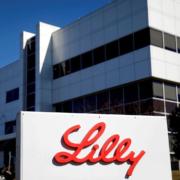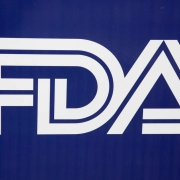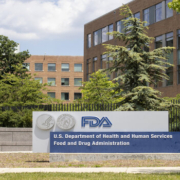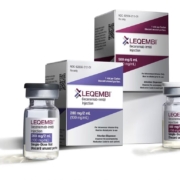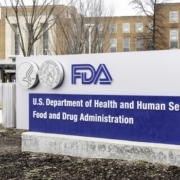FDA rejects Abeona’s epidermolysis bullosa cell therapy, asks for CMC data
FDA rejects Abeona’s epidermolysis bullosa cell therapy, asks for CMC data
Published: Apr 23, 2024
By Tristan Manalac
BioSpace
The FDA on Monday denied approval for Abeona Therapeutics’ investigational gene-corrected cell therapy prademagene zamikeracel (pz-cel) for the treatment of recessive dystrophic epidermolysis bullosa, a rare disease that causes painful blistering and erosion of the skin.
In its Complete Response Letter (CRL), the regulator pointed to specific chemistry, manufacturing and controls (CMC) issues that “must be satisfactorily resolved” before the application can be approved. In particular, the FDA is looking for additional information regarding certain manufacturing and release testing methods.
Abeona noted in Monday’s announcement that the FDA did not cite specific issues with pz-cel’s clinical or efficacy data in the CRL, nor did it ask for additional trials or data to support the candidate’s application.
The company previously told the FDA that it would provide the CMC information to the agency before pz-cel’s approval and committed to turn over full validation reports by midyear following the drug’s approval.
However, the regulator indicated that Abeona’s proposed timing of submissions “would not allow sufficient time for the FDA to complete its review” by the Biologics License Application’s target action date, which was originally scheduled for May 25, 2024.
Abeona CEO Vish Seshadri in a statement said that the company is “surprised and disappointed” by the CRL and is “hard at work” to provide the FDA with the additional CMC information it requires. Seshadri said the company expects to address all the regulator’s concerns in a “reasonable” timeframe.
“We anticipate completing the BLA resubmission in the third quarter of 2024 with necessary updates to fully satisfy all the deficiencies outlined in the CRL,” Seshadri added.
An investigational autologous gene-corrected epidermal sheet therapeutic, pz-cel works by delivering a functional copy of the COL7A1 gene which encodes for type VII collagen. In recessive dystrophic epidermolysis bullosa (RDEB), a rare disorder affecting the connective tissue, the COL7A1 gene is defective, giving rise to the signature symptoms of extreme fragile skin and frequent blistering and wounding.
Pz-cel uses a retroviral vector to deliver the COL7A1 gene into the patients’ skin cells and enables long-term gene expression.
Abeona backed pz-cel’s BLA, which the FDA accepted and granted Priority Review in November 2023, with data from the Phase III VITAL study. The company unveiled strong data from VITAL in November 2022, demonstrating that the investigational cell therapy achieved greater than 50% success in healing wounds caused by RDEB. At six months, pz-cel reduced wounds by 81%.
Pz-cel’s BLA also includes data from a Phase I/IIa study, which also showed sustained wound healing and pain reduction.
Source: BioSpace


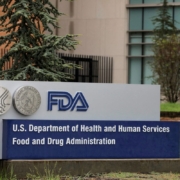 Reuters
Reuters